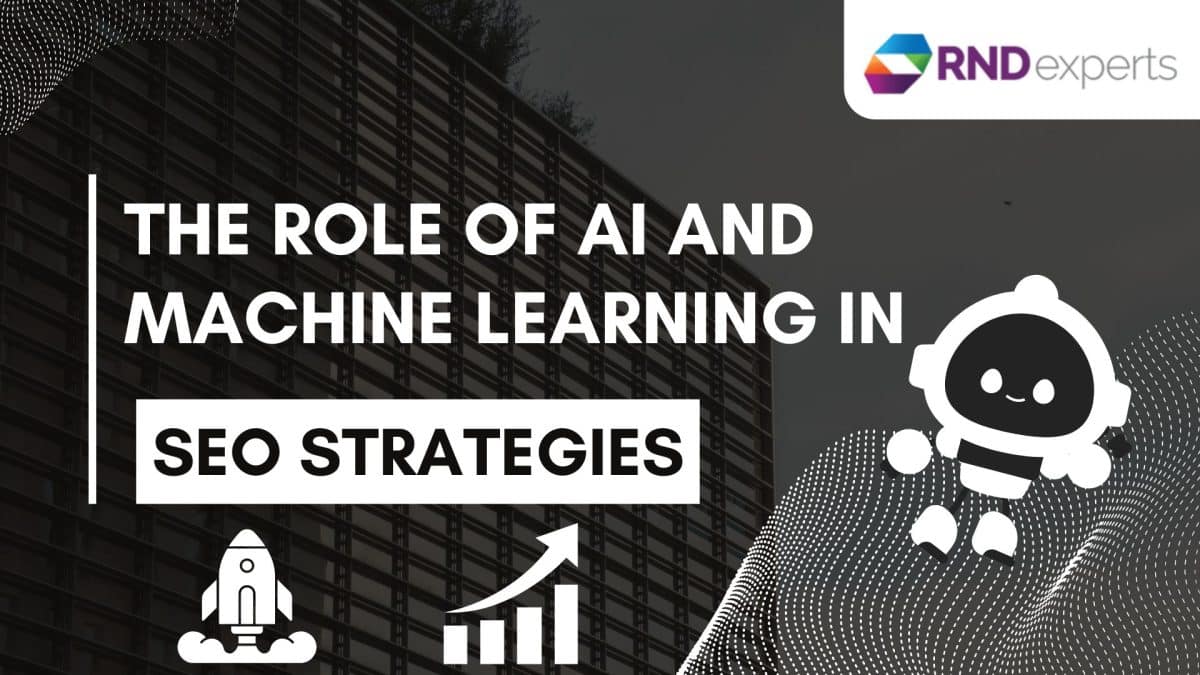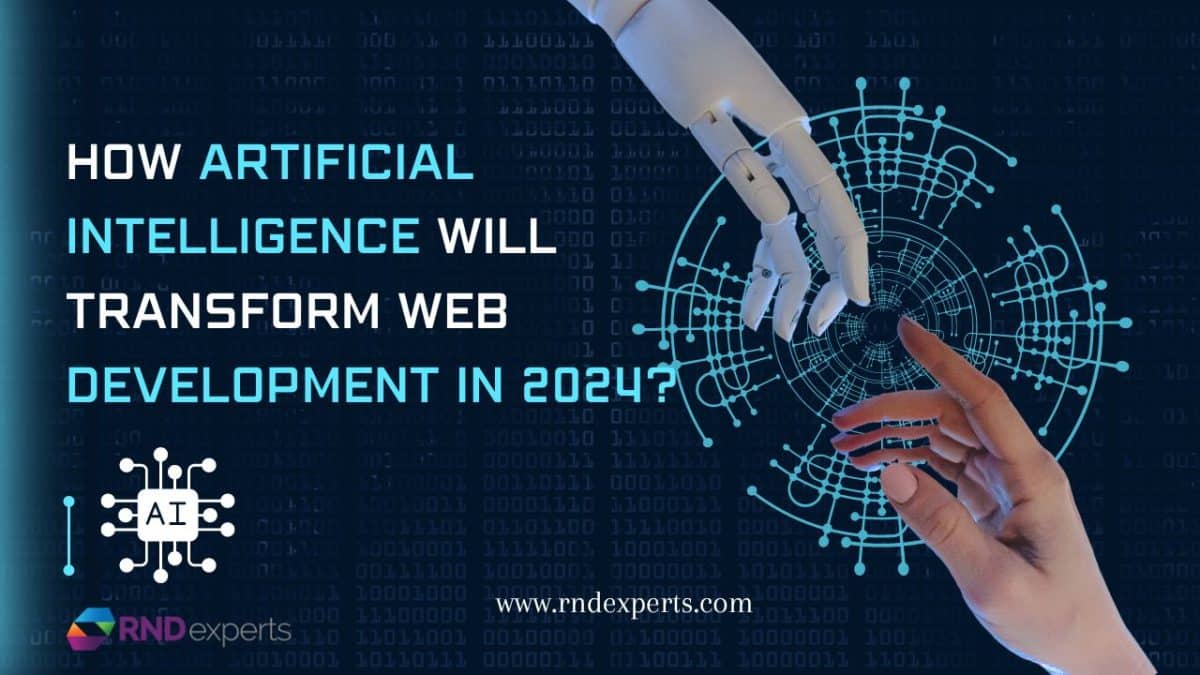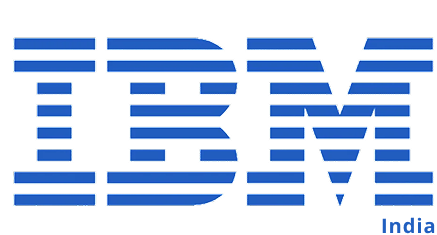The Role of AI and Machine Learning in SEO Strategies In the world of SEO, predictive analytics fueled by AI and ML is changing the game. Instead of just reacting to trends, marketers can now anticipate them, aligning strategies with current and future user needs. Enhancing Content with AI and ML AI and ML are Read More…














